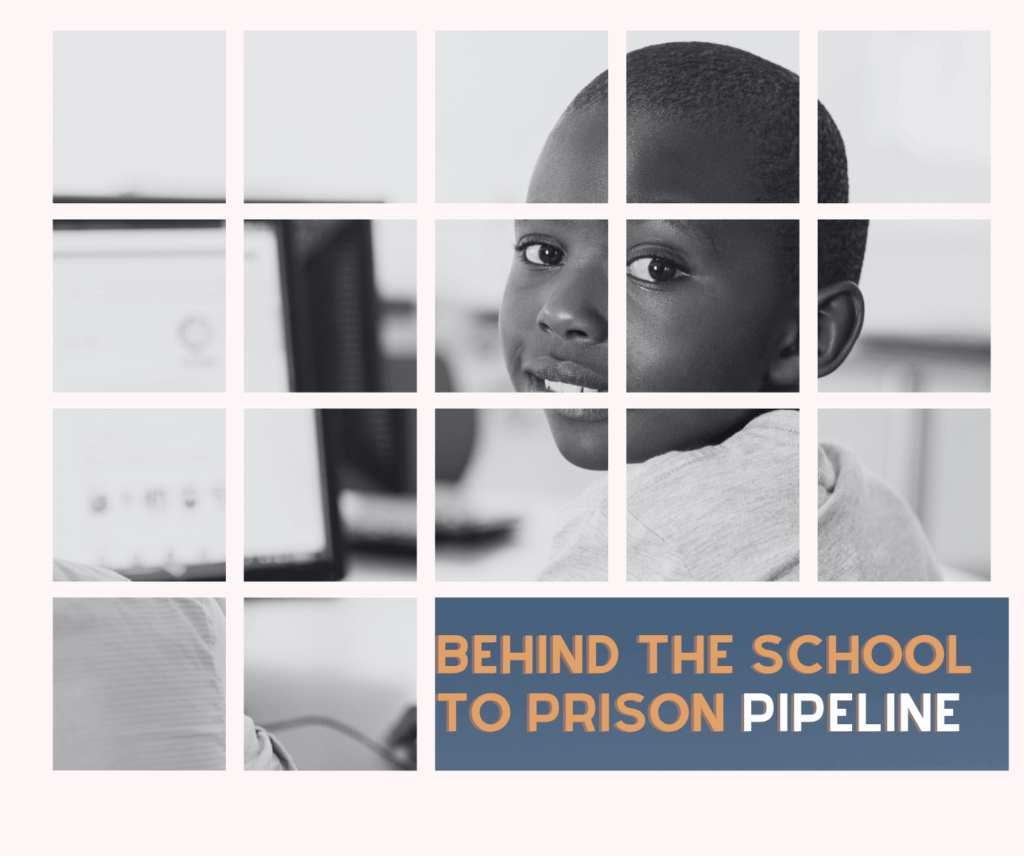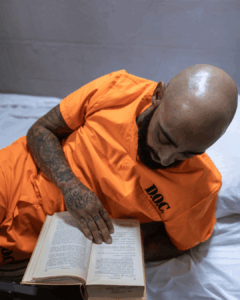
Black boys in Florida face educational and disciplinary outcomes that differ drastically from their peers, often with lifelong consequences.
According to data from the Florida Department of Juvenile Justice, while Black students make up just 21% of the school population statewide, they account for over 51% of school-based arrests. A significant portion of these arrests are linked to non-violent behaviors, which, in many cases, could be addressed through counseling or mediation rather than police intervention.
This trend contributes to what’s often referred to as the “school-to-prison pipeline”, a national and state-level issue in which harsh school discipline correlates with higher rates of academic disengagement, dropout, and future incarceration. Studies show that students who are suspended or expelled are up to 10 times more likely to eventually enter the juvenile justice system (ACLU, 2021).

- The Florida Council on the Social Status of Black Men and Boys has long identified education and criminal justice as priority focus areas. In our 2022 Annual Report, our recommendations focused strongly on investment in early intervention strategies, culturally responsive teaching, and community-based mentorship initiatives to address structural inequities affecting Black boys (CSSBMB 2022 Annual Report).
Research from other regions supports these recommendations. Restorative justice programs, such as those implemented in Oakland and Denver, have reduced suspension rates by up to 50% while improving overall school climate (WestEd, 2016). Meanwhile, national mentorship organizations like 100 Black Men of America report improved academic outcomes and behavior among participants.
These aren’t abstract policy ideas. They are tested solutions that Florida can adapt to local contexts.
While the challenges are complex, the path forward is clear: prioritize support over punishment. Equip schools with resources for mental health, mentorship, and culturally competent education. Strengthen partnerships between communities, educators, and state leaders.
For further analysis, research, and policy recommendations, visit https://cssbmb.com


